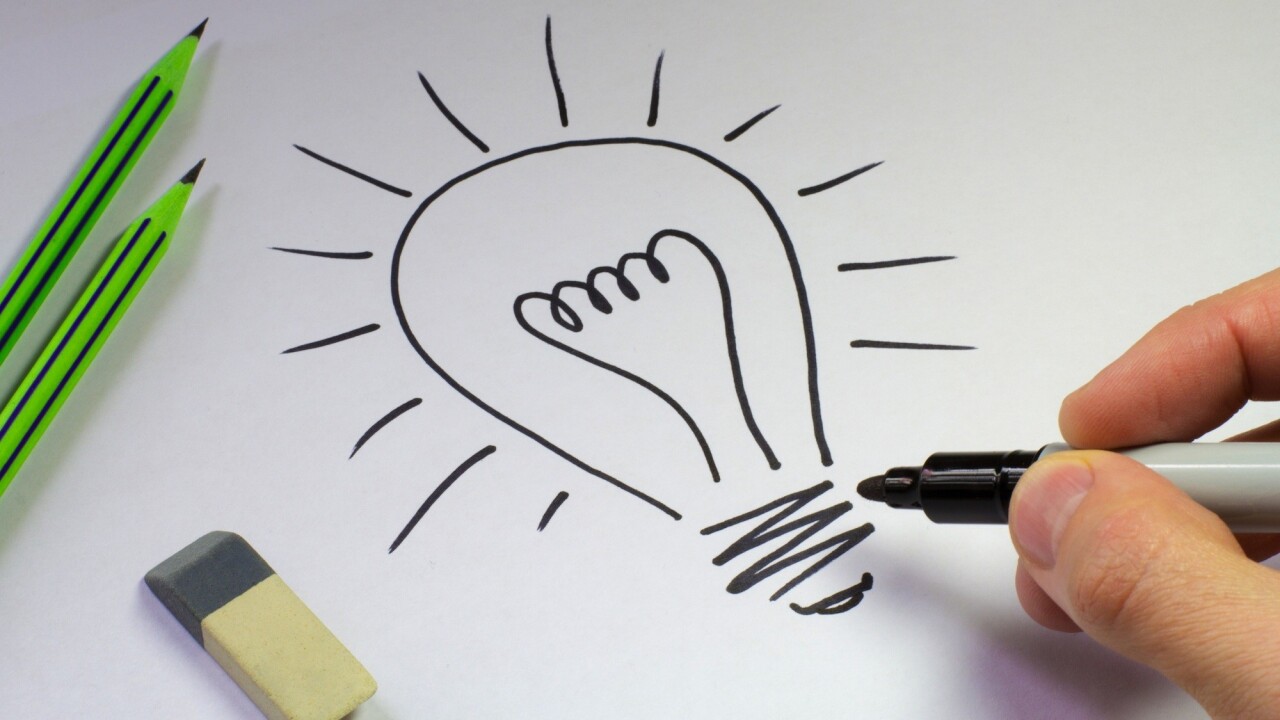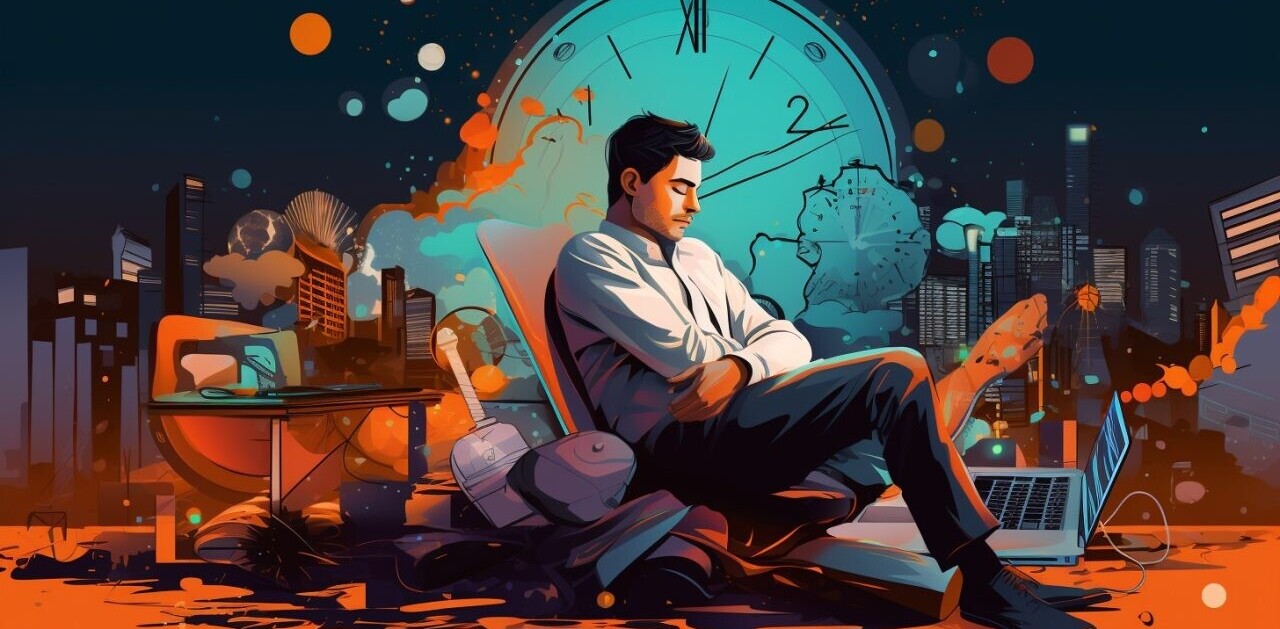
Josephine Sabin is the Marketing Manager for DesignCrowd.
Getting the most out of your graphic designer is often reliant on being a great communicator. If you want a brilliant end product, one-line briefs simply won’t do.
With over 140,000 designers ready to offer their talents on DesignCrowd.com, we’ve had our fair share of design briefs for all sorts of projects. The most effective projects doesn’t necessarily require multiple emails a day – just concise, clear messages that truly convey your needs.
Here’s how you can get your ideas across and ensure you end up with an incredibly successful and savvy design.
1. Clarity rules
Every graphic designer begins with a blank canvas. To create a design that you envisage, the graphic designer needs as much insight from you to capture it. Confusing briefs, outlines or instructions will inevitably result in a mark-missing design. If you don’t tell designers what you want, you won’t get it!
- Be clear about your ideas and goals, include as much detail as possible. How do you envisage the final design?
- Share as much as you can about your business, your product or campaign and your target audience. The design should reflect the culture and ambitions of your company/product/service. The more designers know, the more precise their designs will be.
- Consider what you want your design to communicate to your customers. What messages, concepts, emotions or attitudes do you want to convey?
2. Be ready to respond
A design brief is a stepping stone for a graphic designer, but to achieve the final product, there is a lot of back and forth required to build up to it. You need to be present when your designer needs you.
- Provide constant and regular feedback to designers. This is critical in ensuring you end up with the design you want.
- Utilise tools like email, Skype and/or messaging platforms provided by your crowdsourcing service to communicate with your designers.
- If a design or concept comes through that you don’t want to proceed with, let the designer know straight away. This means they can move on to their next project and you can get underway with the other designs you’ve chosen.
3. Get moody
Visualisation is a huge part of the design industry and you can visualise your ideas by creating a ‘mood board.’
- What’s a mood board? A presentation of samples, colours, images, layouts and inspirations that visually demonstrate your concepts/ideas.
- Use programs like PowerPoint, Pinterest and others to create your mood board. Share this with your designer/s.
- If your design includes text or content, provide this to the designer as well. If necessary, be specific about where you want the text to be placed (e.g. on the front page of a brochure).
4. Communicate your ‘Don’t Wants’
You probably have a good idea about what you want out of your design, but do you know what you don’t want?
- Explain to your designers what you want to avoid with your design. Is there a particular trend, colour, image or concept that you want to stay away from?
- Visual examples can be very beneficial here as well. Find examples of what you don’t want and share these with your designers.
5. Get technical
Many of your crowdsourcing questions will relate to technical specifications, so it’s in your best interests to communicate these details upfront.
- Include details about size, resolution/pixels, format, file types, font types and so on in your brief. Remember, if you want it, you need to ask for it!
- If you have specific branding colours that you want to use (e.g. Pantone, CMYK), you should communicate this.
- You can also explain to your designers where your final product will end up. Will it be going into print or online? What types of people will be viewing it? This information will help them understand what design ideas will/won’t work.
6. Leverage that talent!
If you need help, don’t be shy in asking for assistance from your designers. Leverage their knowledge and expertise whenever you need it.
- When it comes to crowdsourcing platforms, customer support is always only an email or phone call away, so utilise these channels if you get stuck.
- If there’s something you’re unsure of, just ask! Your designers will usually be able to provide you with useful advice, tips and input.
Whether you’re a graphic designer or an entrepreneur, these tips can help you achieve the result both sides will be happy with. Working together is key, get communicating and get creative!
Image credit: aquarius83men/Shutterstock
Get the TNW newsletter
Get the most important tech news in your inbox each week.




